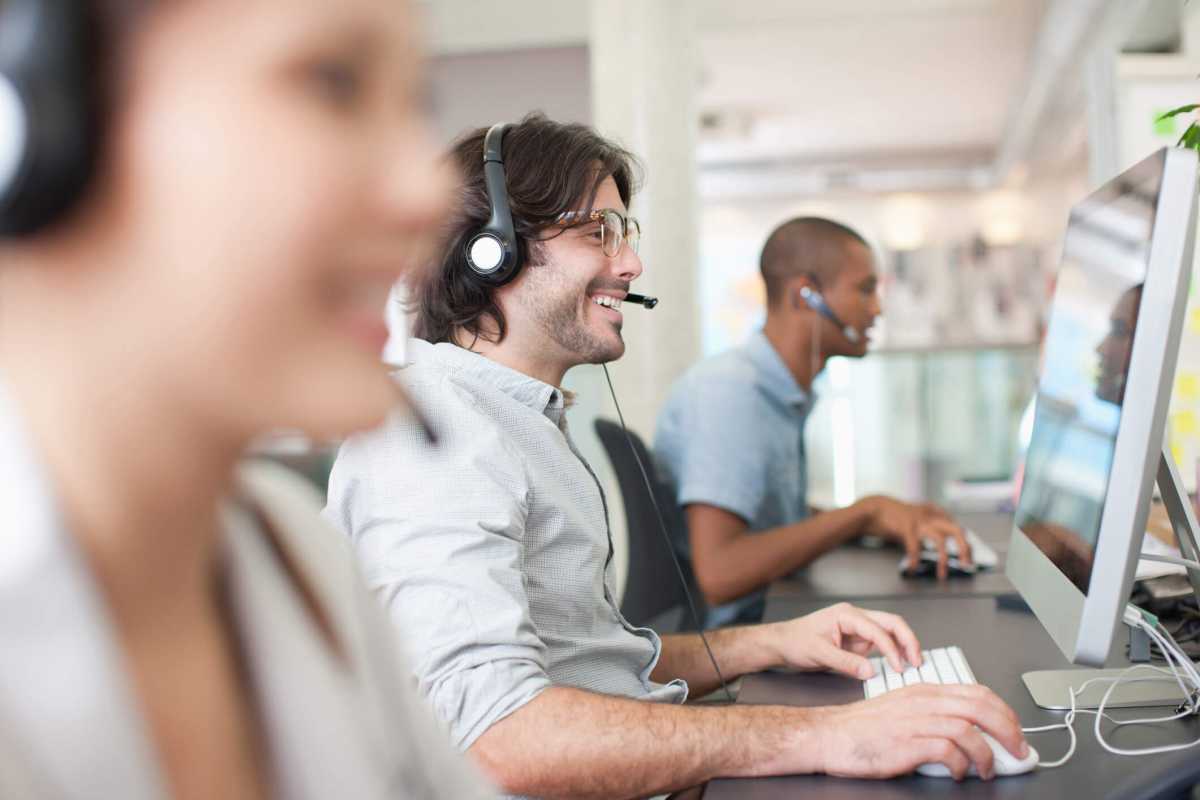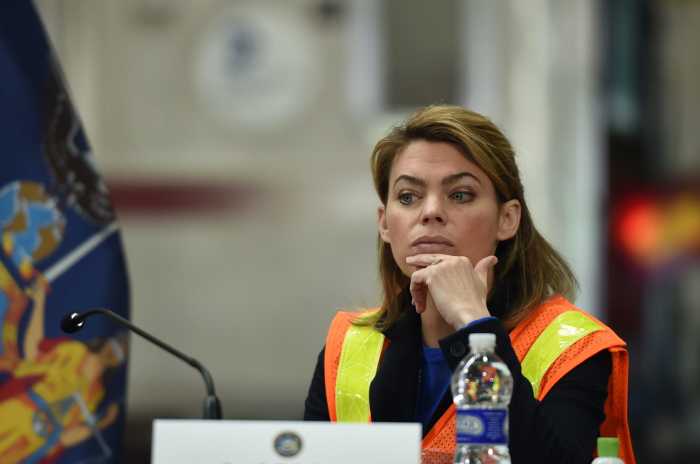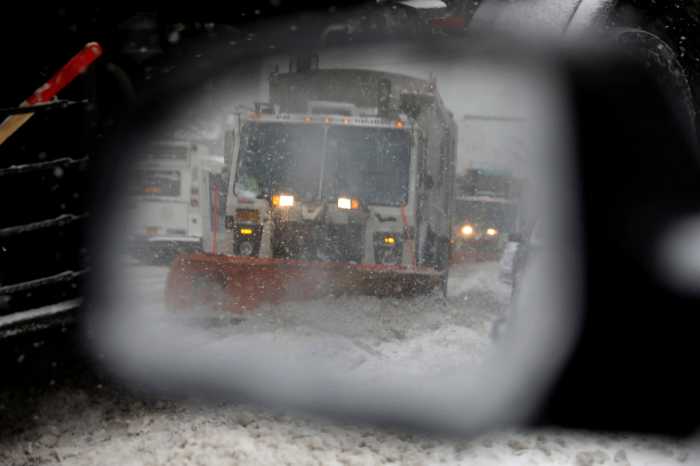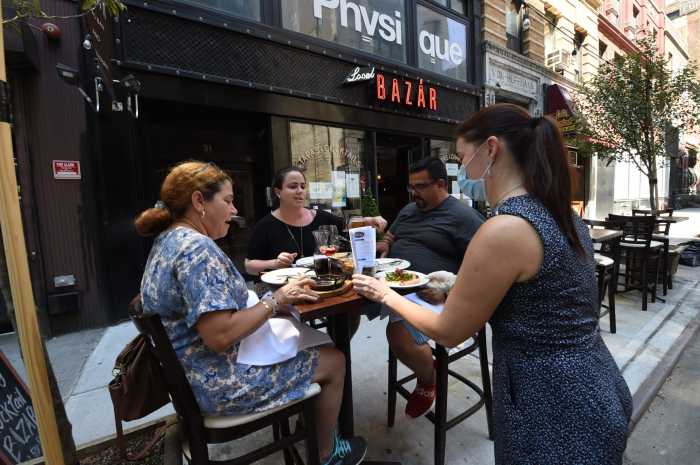All of us have experienced difficulties with technology at one point or another. Whether we are seasoned technology users or beginners, tech problems are a part of our experience of navigating the digital world. If we are lucky, we have access to tech support at work, access to a knowledgeable family member or a friend at home, or have enough tech skills to know how to Google for help.
But hundreds of thousands of New Yorkers are not so lucky. When you run into problems online, who do you turn to for reliable help if you are retired, are a beginner at tech, or are just starting out with using an unfamiliar piece of software?
What if, as New Yorkers, we could simply call 311 and get connected to a knowledgeable, patient tech support worker who speaks your language?
That’s why we are calling on the city to make an investment of $2 million per year in making free tech support available to all New Yorkers simply by calling 311. This relatively small investment would make a big difference to older adults struggling with connecting to virtual medical appointments or their favorite concert series, parents or grandparents managing their kids’ online schoolwork, and anyone looking to leverage technology to improve their quality of life or get ahead at work.
Imagine how useful phone-based support would have been to the hundreds of thousands of New Yorkers, especially many older people, who were left to figure out how to socialize, meet basic needs, and see their doctors remotely. The luckiest among them already used the internet and were able to shift more of their in-person activities to online. In fact, most older New Yorkers do have internet access at home and use it. But unless you have someone readily at hand to help you in case you run into difficulties—and that someone has the patience and empathy to walk you through any problem, large or small—using the internet confidently can be a challenge for many older adults.
Our proposed 311 NYC Tech Support program would connect people to a participating organization based on the language they speak. In a city where half the people over 60 are immigrants and nearly a third of children have at least one immigrant parent, language is a critical first step in accessing any city service.
Any New Yorker who would like some assistance can simply call 311 and ask for tech support. After ascertaining what language the caller speaks, the 311 dispatcher would transfer them to an organization that has tech support staff who speak their language. All tech support staff working under this program would receive training to help them work with older adults and ask the right questions, listen to the responses, and exhibit patience to help novices access technology. This service would be available to all New Yorkers, regardless of age.
In addition to helping New Yorkers with general tech support, 311 NYC Tech Support staff would also inform people about tech-related benefits and services they could qualify for such as the federal government’s new Affordable Connectivity Program, the ACCESS-NYC benefits website, and Mayor Adams’ proposed MyCity services platform, when it becomes operational.
Building technology on-ramps for older adults is especially critical for increasing their access to telehealth. Rapid advances and investments in telehealth have shown great promise as a way to more effectively help older adults manage chronic conditions and access preventative health. This means that older adults who do not get the help they need will miss this critically important innovation in healthcare delivery.
In today’s world, staying connected online is just as important as staying connected in the “real world.” Just as the subway is a critical artery linking New Yorkers in the real world, so is the internet just as important in connecting our digital worlds. Longtime New Yorkers are proud of their ability to navigate our complex subway system and will readily help others to do the same. A small investment in helping New Yorkers help each other to navigate those critical digital arteries can go a long way towards bringing all New Yorkers together.
Gale Brewer is a member of the New York City Council, representing Manhattan’s District 6, which covers most of the Upper West Side and part of Hell’s Kitchen. Christian González-Rivera is the director of strategic policy initiatives at the Brookdale Center for Healthy Aging, a policy and research center focused on older adults located at Hunter College.






































